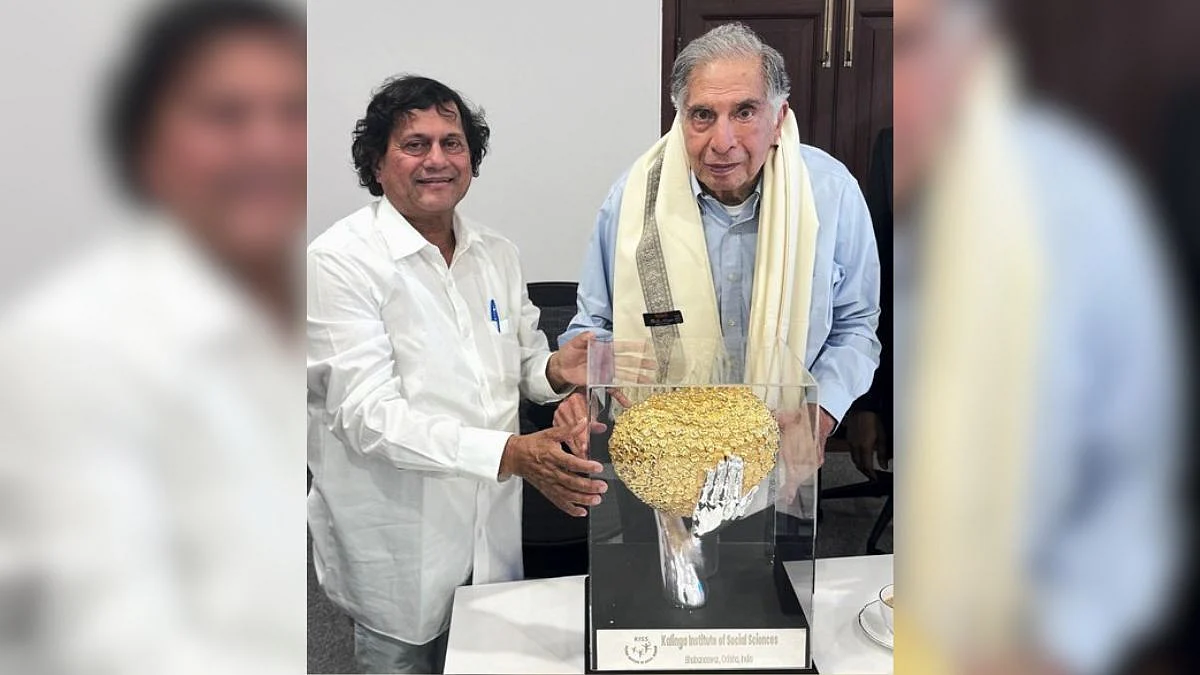Holding that interception can very well legally be done for detection and investigation of acts of corruption, special CBI court on Thursday rejected the application by an accused in a corruption case in which he wanted the court to reject the CBI’s phone interception evidence as he claimed they violated the fundamental right of accused to privacy guaranteed by the Constitution.
The court said provision Section 5(2) of the Indian Telegraph Act permits interception for ‘preventing incitement to the commission of offence’. “The act of soliciting bribe by or for a public servant for getting some favour does fall under the ‘incitement for the commission of offence”, it held and said that interception can very well legally be done for detection and investigation of such incitement and such offences.
As per CBI’s case, applicant and accused Ravinder Kumar had booked to and fro flight tickets for Additional SP, CBI, EOW Mangat Rai Shori in exchange for the latter informing him details of action underway against Kumar, then an FIR named accused in another case.
Kumar in his plea also disputed that due procedure was followed in the interception of Shori’s two mobile numbers. Special CBI judge Vivek V. Kathare said in his order that Kumar’s prayer to disregard or discard prosecution evidence midway when the trial is on the verge of completion cannot be accepted. It further said that it appears even at this stage that interception was done following due procedure.
Kumar claimed that for invoking Sec 5(2) of the Indian Telegraph Act for interception, there needs to be ‘public emergency’ or it must be ‘in the interest of public safety’.
The court used a judgment cited by Kumar where “public safety” was defined as “the state of danger or risk for the public at large”. Judge Kathare said “an occurrence that involves gross misuse or abuse of public property or largesse by a public servant adopting corrupt means is an issue which can be brought under the realm of public safety.”






